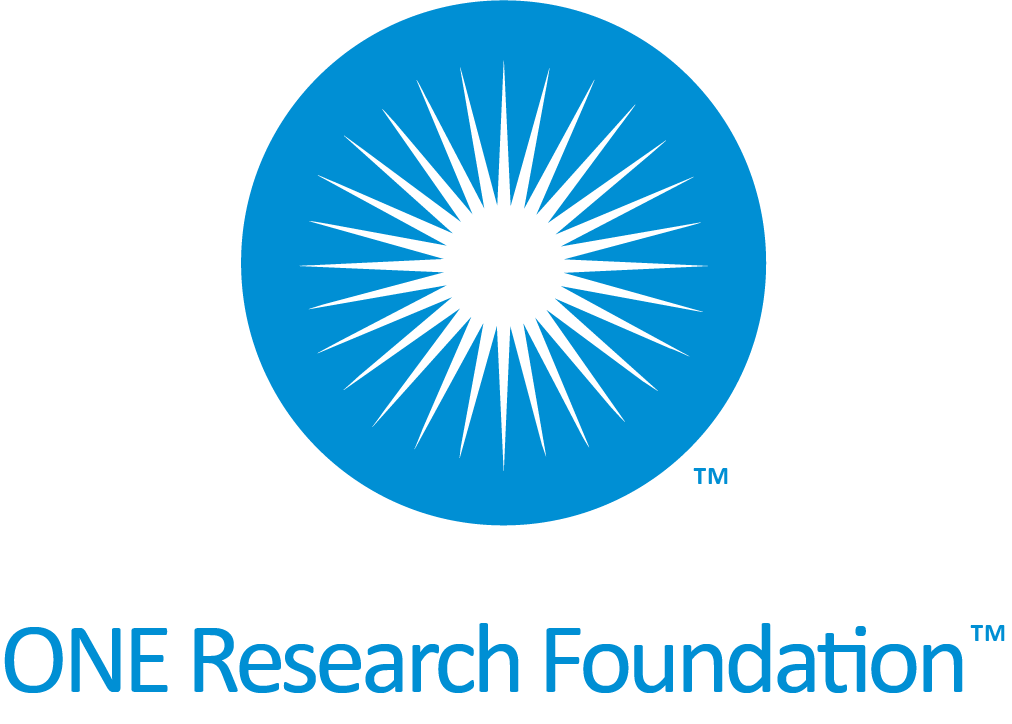NET In The Mental Health Counseling Field
/Mark Fohs, L.M.H.C., and ONE Board of Directors Vice President, shares insights on: NET and mental health counseling, working with clients, and attendant challenges.
Most clients who enter therapy are both intelligent and motivated to get out of the pain that they are in. They come with expectations of talking about their problems, working on solutions and understanding the relationship between their patterns and their circumstances in order to experience different outcomes in the future.
NET gives the client and the therapist direct access to the affective structure that keeps the client stuck in repetitive patterns that deliver the same negative results. NET helps the client unhook the “drive mechanism” of these patterns and disconnects the pattern’s ability to control their lives through re-establishing the strength of the connection to who they actually are.
Frequently this takes the form of questions of how the earlier originating event, which locked the NEC in place, is related to the present-time problem. Even though I inform patients that understanding the pattern is not necessary for the correction to be effective, many clients feel the desire to understand the linkages. At first this may require more “process” in sessions, but over time this naturally becomes much less of an issue.
Addressing the “Clash of Cultures”
In the mental health field, NET presents challenges to a profession where there are decades of culture and professional proscriptions that dictate strict avoidance of any touching of patients. Even without body MAPs, this is a large departure from all the education that came before. Even though it is better than when I started doing NET 20 years ago, it is still not for the faint of heart.
First, there are the conceptual challenges of brand new concepts, e.g. “Emotions are physical not psychological.” Then there is the steep learning curve of muscle testing, meridians, pulse points, allergies, nutrition and homeopathy! In short it is not really an ”add on” technique.
The other obstacle in terms of normalcy and support is the challenge of the professional cohort. Other professionals in the field typically look askance at this strange new technique that, frankly, sounds crazy to them.
If the practitioner is not in their own private practice and is instead in an agency setting, practicing NET can be very complicated (if not impossible). Thankfully, these days there appears to be greater openness to new methodologies, largely due to the need for, and the appearance of, other novel approaches to addressing PTSD.
Once people have an opportunity to experience NET, it feels right and makes sense to patients. In fact, most often the biggest validating voice supporting us and moving us forward as practitioners is that of our patients.
The community of NET practitioners, with our diversity of professions, contributes a breadth of information and experience that has created a vast fund of knowledge that we can all draw upon for the betterment of our patients. I believe that moving forward, we as NET practitioners are truly well positioned as a strong and unified force within the field of Integrative Medicine.
Mark Fohs is a Nationally Certified Clinical Mental Health Counselor licensed to practice in New York. He is a certified practitioner of NET, and has extensive training in a wide variety of other biopsychosocial treatment modalities.







